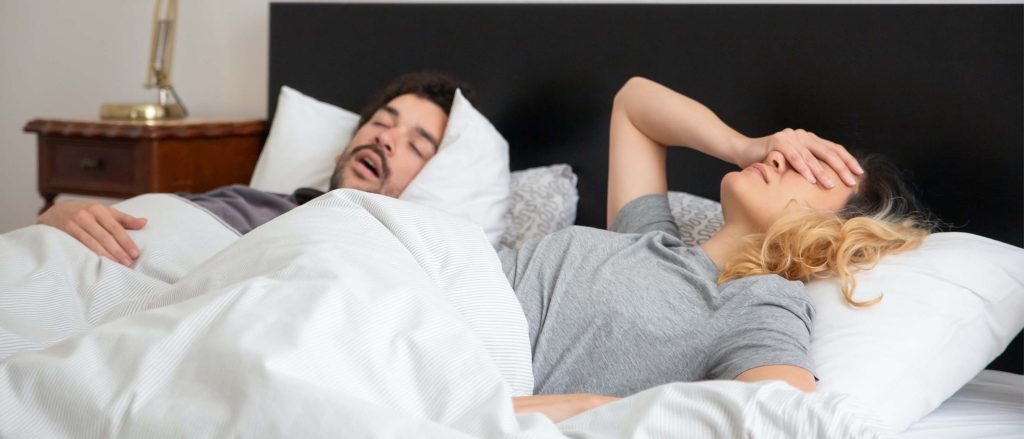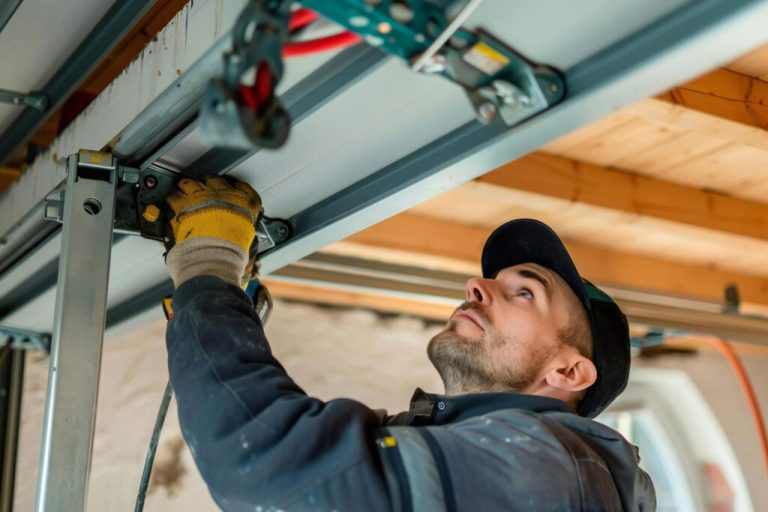Snoring, the disruptive symphony from the bedroom, can cause frustration and annoyance for the snorer and their sleep-deprived partner. If you’re tired of being jolted awake or dealing with the consequences of poor sleep quality, it’s time to explore the world of anti snoring solutions. We will delve into the depths of snoring, uncovering its causes, discussing common remedies, and revealing lesser-known solutions that might change your life.
Common Anti-Snoring Solutions
Before we dive into the lesser-known options, let’s explore the more conventional approaches to tackling snoring. Simple lifestyle changes, such as sleeping on your side, maintaining a healthy weight, and avoiding alcohol and sedatives before bedtime, can make a significant difference. Over-the-counter anti snoring devices like nasal strips, sprays, and nasal dilators can provide temporary relief.

Medical interventions such as Continuous Positive Airway Pressure (CPAP) therapy or surgery may be recommended for those with severe snoring issues. CPAP machines deliver constant air pressure to keep the airways open during sleep, while surgical procedures aim to correct anatomical abnormalities or remove obstructions.
Unconventional Anti-Snoring Solutions
Now let’s turn our attention to some lesser-known anti-snoring solutions that may surprise you. Acupuncture, a traditional Chinese medicine practice, has shown promising results in reducing snoring frequency and intensity. By targeting specific points in the body, acupuncture helps regulate energy flow and promote relaxation.
Did you know that singing exercises can also alleviate snoring? Strengthening the muscles in your throat through vocal exercises can improve muscle tone and reduce the chances of airway obstruction during sleep. Sing your way to quieter nights!
Nasal Dilators and Strips
Nasal dilators are simple yet effective devices that help alleviate snoring caused by nasal congestion or narrow nasal passages. These small, flexible devices are inserted into the nostrils and work by gently expanding the nasal passages, allowing for improved airflow during sleep.
Similarly, nasal strips are adhesive strips applied externally across the nose. These strips lift the nasal passages, promote better airflow, and reduce snoring. Nasal strips are easy to use and can provide immediate relief, making them popular among snorers.
Hypnosis and Mindfulness
Hypnosis, often associated with entertainment, has also shown potential as an anti-snoring technique. By tapping into the power of the subconscious mind, hypnosis aims to reprogram negative sleep patterns and promote relaxation.
Exploring Herbal Remedies
For those seeking natural alternatives, herbal remedies can be worth considering. Herbal teas and supplements containing ingredients like chamomile, valerian root, or passionflower can also help calm the nervous system and promote better sleep. It’s important to consult with a healthcare professional or herbalist before incorporating herbal remedies into your routine, especially if you have any existing medical conditions or are taking medications.
Conclusion
Snoring can be disruptive and frustrating, impacting sleep quality and overall well-being. While conventional anti-snoring solutions like lifestyle changes and over-the-counter devices can relieve many individuals, it’s worth exploring lesser-known options that offer unique benefits. From acupuncture and singing exercises to dental devices and nasal dilators, there are various alternative solutions to silence the noise of snoring. Additionally, innovative technologies, hypnosis, herbal remedies, and weight management strategies can contribute to a comprehensive approach to reducing snoring and improving sleep quality.













